Money was the theme for the second day of the World Circular Economy Forum 2023. The leading annual event to advance the circular economy A carbon-neutral circular economy An economic system that works on a carbon-neutral basis – i.e. produces net zero emissions – and has adapted to the earth’s carrying capacity and the planetary boundaries. Open term page A carbon-neutral circular economy had almost 2,000 people participating in person and more than 5,000 people online. Funding the transition to our circular and sustainable future is a serious challenge, but it is doable.
“Investors are recognising that circular solutions are good business opportunities while at the same time delivering positive results for our nature and climate,” says Lasse Miettinen, director of Sustainability solutions at Sitra, the co-host of WCEF2023. “As financial institutions are keen to integrate sustainability into their investment decisions, circular economy holds great promise in simultaneously tackling the root causes behind the major issues of ecological sustainability, both climate change and biodiversity loss.”
“The circular economy is moving and growing , and investors will look to pick the winners,” says Peter Munch-Madsen, senior advisor at Nordic Innovation, also a co-host of WCEF2023. “Investors understand they need to look for companies who have developed circular solutions that are scalable.”
Investors are recognising that circular solutions are good business opportunities while at the same time delivering positive results for our nature and climate
Lasse Miettinen, Sitra
Yet investing doesn’t happen in a vacuum. A major topic at WCEF2023 was the framework and systems which must encourage and promote the circular transition.
“I’m a data-oriented person myself, so I was quite happy that so many people were talking about definitions and metrics,” Miettinen continues. “The circular economy movement is now mature enough that we can begin scaling things up , but for that we need standards.”
One tangible step forward was an updated set of circularity metrics published by WBCSD at the event. WBCSD, the World Business Council for Sustainable Development, is a CEO-led organisation promoting corporate social responsibility.
“Public institutions and development banks can also encourage private investors,” points out Munch-Madsen. “Development banks can de-risk projects by investing in the earlier and riskier stages. Their actions encourage commercial banks to follow.”
In Helsinki , leading multilateral development banks met to discuss the topic of the circular economy for the first time. The institutions agreed to work together to increase the share of high-impact circular projects investment and to build capacity for advancing circular business models.
You might be interested in these
Both Miettinen and Munch-Madsen were happy to see the optimism and enthusiasm of the speakers and participants. Yet they were under no illusions about the size of the task we face.
“I fear we will miss our goal to keep global warming below 1.5 degrees,” says Munch-Madsen.
“But every tenth of a degree counts,” Miettinen stresses. “There is a huge difference between the effects 1.6 and 1.7 degrees will have on our world, so we need to keep fighting. This is where the circular economy becomes so important. Circular solutions enable us to simultaneously tackle both biodiversity loss and climate change, while at the same time creating new jobs, new growth and new business opportunities. ”
The circular movement is large enough we need real debates and hard conversations to grow
Peter Munch-Madsen
These are all challenges policy-makers around the world are struggling to solve.
“When a movement is small a unified vision and message is important to achieve momentum,” Munch-Madsen says. “But now the circular movement is large enough we need real debates and hard conversations to grow.”
You might be interested in these
“WCEF2024 will take place in Brussels at a crucial political moment with the new Commission and parliamentary elections,” says Miettinen.
“European leaders need to understand how the circular economy is a tool which can help them achieve many of their goals, like creating jobs, making lucrative opportunities for business and stopping biodiversity loss.”


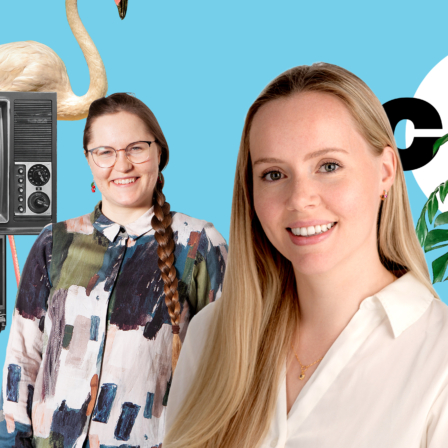
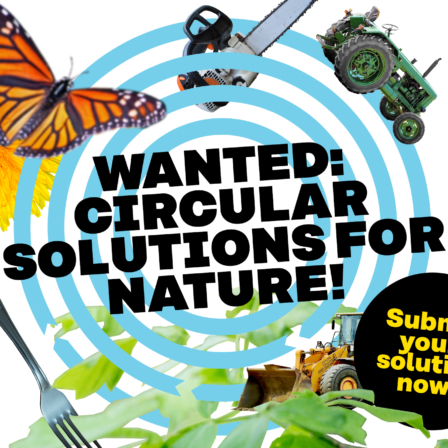
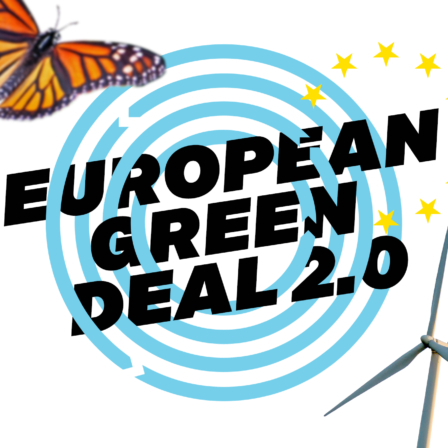
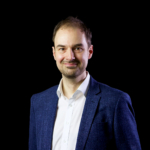
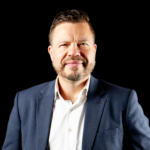

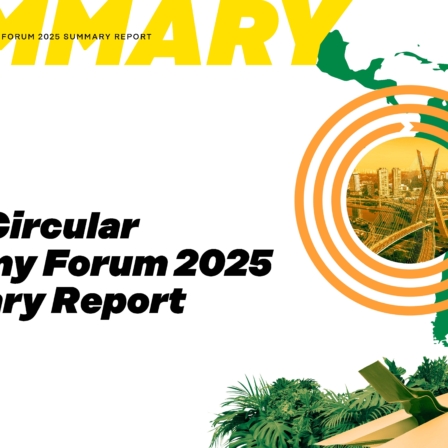
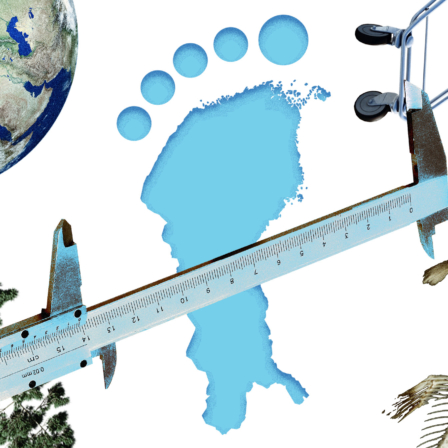

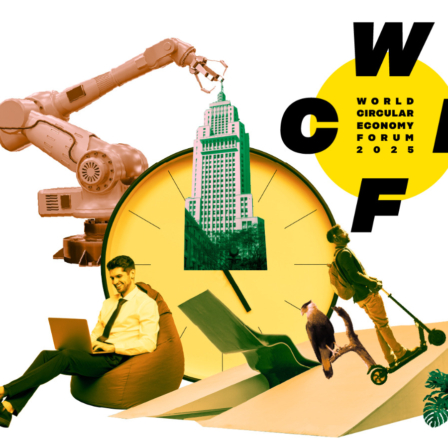
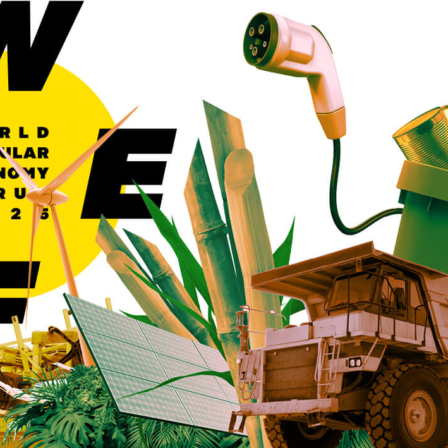


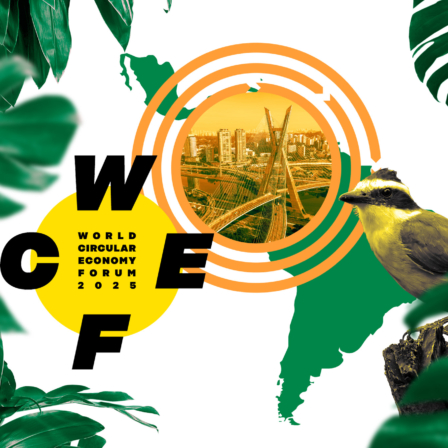







Recommended
Have some more.